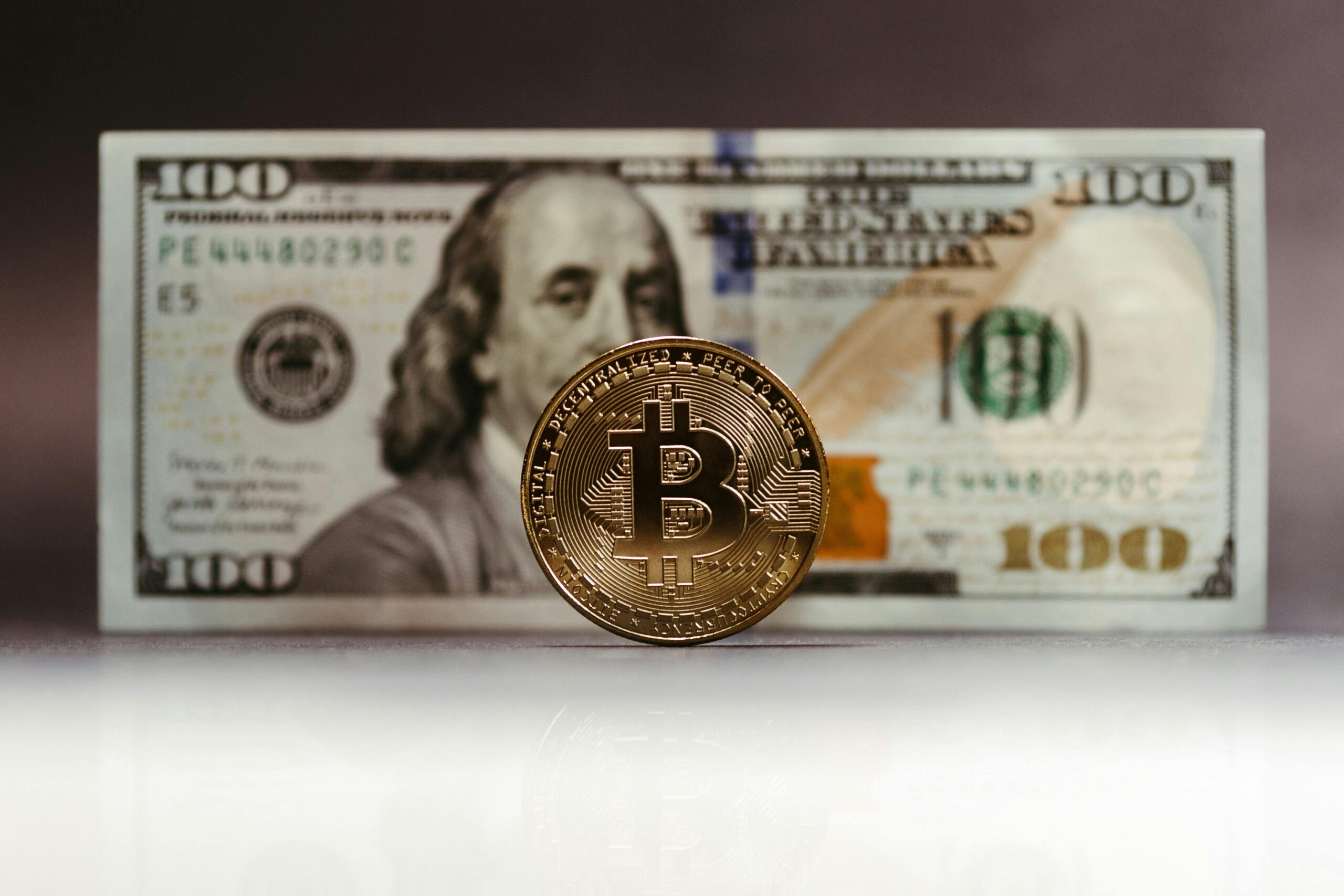Blockchain, initially introduced as the foundational technology for Bitcoin, has grown far beyond its origins in cryptocurrency. Today, it is a transformative technology reshaping industries across the globe. Its ability to provide transparency, security, and efficiency has opened doors to innovative applications in finance, healthcare, supply chain, and beyond.
This article explores how blockchain is evolving to redefine traditional systems and create new opportunities across various sectors.
What Is Blockchain?
At its core, blockchain is a decentralized and distributed ledger that records transactions in a secure and immutable way. Each block of data is linked to the previous one, forming a chain, ensuring that data cannot be altered without consensus from the entire network. This unique feature provides trust in environments where parties may not fully trust each other.
Applications of Blockchain Beyond Bitcoin
1. Supply Chain Management
Blockchain is revolutionizing supply chain operations by providing end-to-end visibility. Companies can trace the origin and journey of goods, ensuring transparency and authenticity.
- Example: Walmart uses blockchain to track food products, enabling quick identification of contamination sources in case of recalls.
2. Healthcare
In healthcare, blockchain is improving data security and interoperability. Patient records stored on a blockchain can be accessed securely across providers, reducing redundancies and enhancing care.
- Example: Medicalchain and other platforms use blockchain to store and share patient data with proper authorization.
3. Finance and Banking
Blockchain’s potential in finance extends beyond cryptocurrencies. It enables faster cross-border payments, reduces fraud, and facilitates secure smart contracts for lending and insurance.
- Example: Ripple’s blockchain-based payment system offers rapid international transactions with lower fees.
4. Real Estate
Blockchain simplifies real estate transactions by eliminating intermediaries and securely storing property records. Smart contracts enable faster processing and reduce fraud risks.
- Example: Platforms like Propy use blockchain to facilitate secure and transparent property transactions.
5. Voting Systems
Blockchain-based voting systems offer transparency and security, reducing the risk of fraud. It ensures that votes are accurately recorded and cannot be tampered with.
- Example: Estonia has experimented with blockchain for secure e-voting.
6. Energy Sector
In energy, blockchain enables peer-to-peer energy trading, where individuals can sell excess energy from solar panels directly to others.
- Example: Power Ledger facilitates decentralized energy markets using blockchain technology.
7. Intellectual Property and Digital Rights
Blockchain provides a secure way to track ownership and rights of digital content like music, videos, and art, protecting creators from piracy.
- Example: Platforms like Audius use blockchain to reward musicians directly without intermediaries.
8. Identity Management
Blockchain enhances identity verification by allowing users to control their data while providing secure and tamper-proof digital identities.
- Example: Microsoft’s Azure blockchain-based identity system helps users manage their credentials securely.
Advantages of Blockchain Technology
- Transparency: Data is accessible to all authorized parties in real time.
- Security: Its decentralized nature and cryptographic features reduce risks of fraud and cyberattacks.
- Efficiency: Processes are streamlined, reducing the need for intermediaries.
- Immutability: Data, once recorded, cannot be altered, ensuring trust and accountability.
Challenges to Blockchain Adoption
While blockchain has immense potential, challenges remain:
- Scalability: Handling large amounts of transactions can be slow.
- Energy Consumption: Some blockchain systems, like Bitcoin, require significant energy.
- Regulation: The lack of global standards can hinder adoption.
- Integration: Transitioning legacy systems to blockchain is complex and costly.
The Future of Blockchain Beyond Bitcoin
As blockchain matures, its applications will continue to expand. Technologies like Decentralized Finance (DeFi) and Non-Fungible Tokens (NFTs) are already gaining traction. In the future, industries will likely integrate blockchain into everyday operations, making it a cornerstone of the digital economy.
Conclusion
Blockchain has proven itself as more than just a backbone for Bitcoin. Its versatility and potential to disrupt traditional systems make it one of the most promising technologies of the 21st century. Whether it’s enhancing transparency in supply chains, securing healthcare data, or enabling decentralized finance, blockchain is paving the way for a smarter, more efficient future.


Hi, this is a comment.
To get started with moderating, editing, and deleting comments, please visit the Comments screen in the dashboard.
Commenter avatars come from Gravatar.